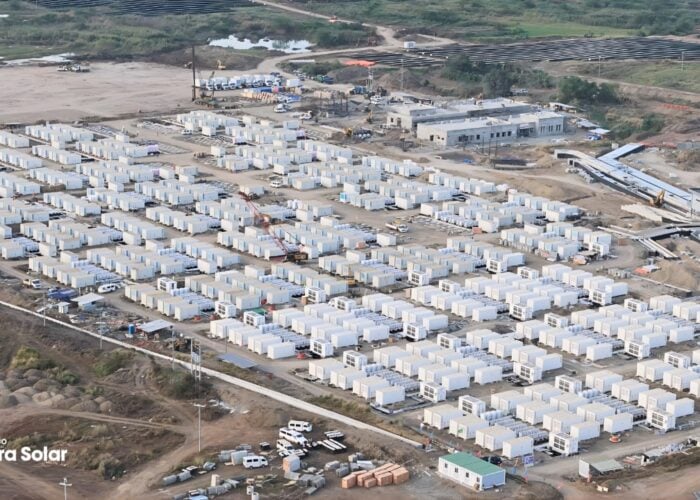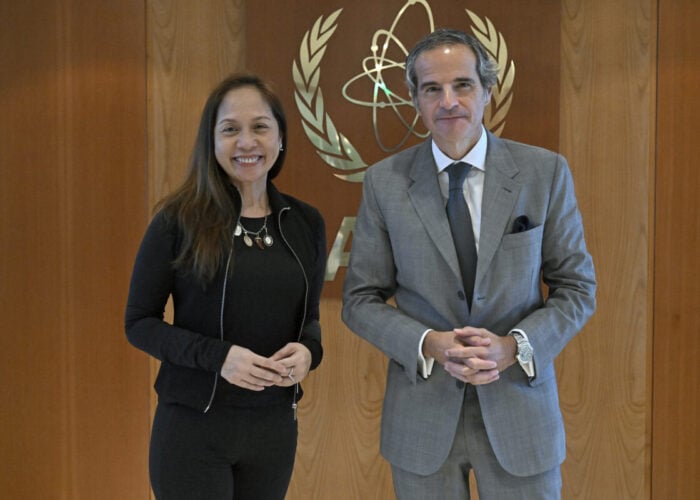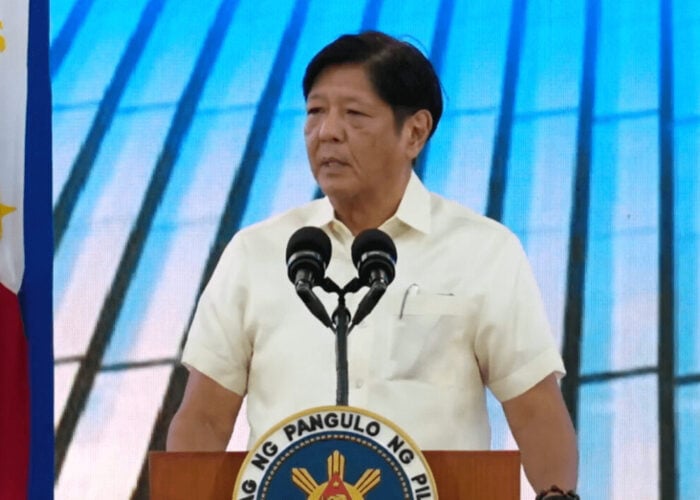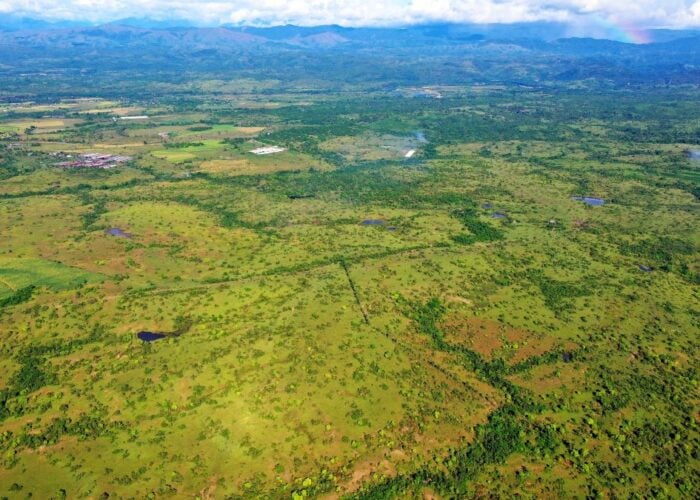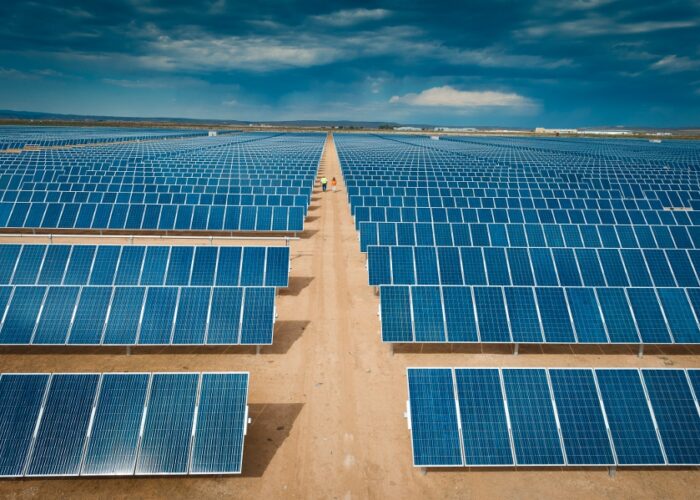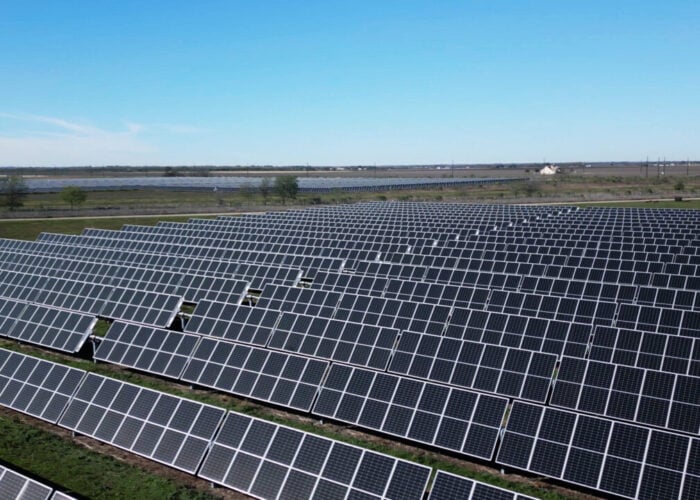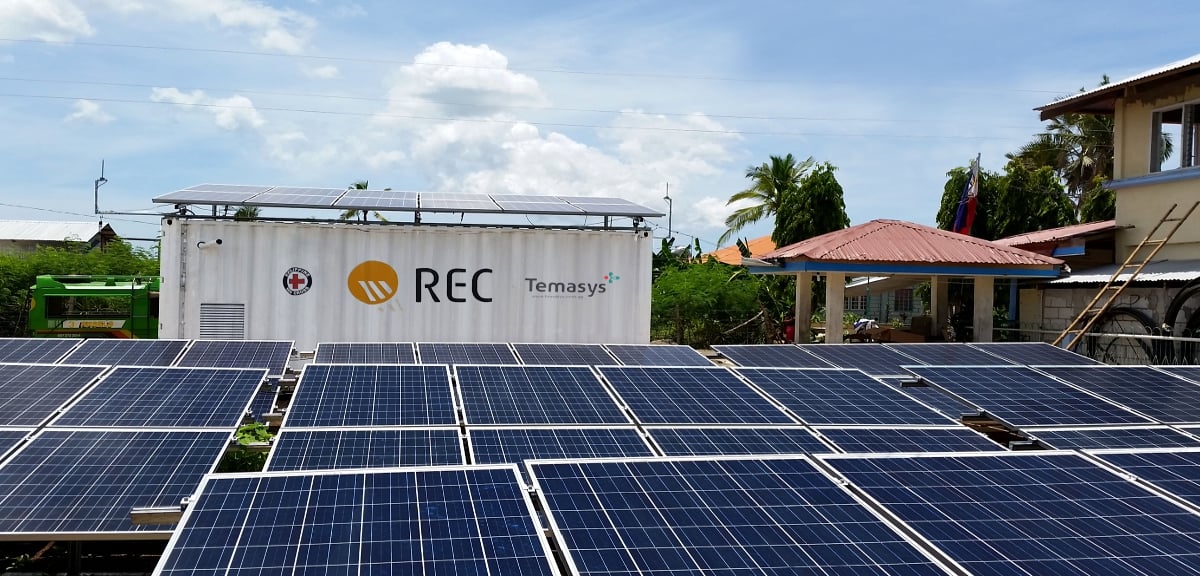
The Filipino National Renewable Energy Board (NREB) is conducting a series of public consultations in order to shape a new off-grid renewable energy policy with a particular focus on islands, mountains and far-away villages.
The consultation will be targeted at rules and guidelines for the Renewable Portfolio Standards (RPS) for off-grid areas. The RPS mandates generators, distribution utilities, and suppliers to source a certain percentage of their electricity for renewable energy sources.
Try Premium for just $1
- Full premium access for the first month at only $1
- Converts to an annual rate after 30 days unless cancelled
- Cancel anytime during the trial period
Premium Benefits
- Expert industry analysis and interviews
- Digital access to PV Tech Power journal
- Exclusive event discounts
Or get the full Premium subscription right away
Or continue reading this article for free
Energy secretary Alfonso Cusi said: “The proposed RPS rules for off-grid areas will contribute to the growth of the renewable energy industry through increased development and utilization of RE resources in the countryside where significant percentage are using expensive fuels. Thus we will be able to diversify energy supply. Ultimately, we see this to spur socio-economic development and help address environmental concerns.”
The fourth and last leg of the public consultation was held today in Cagayan de Oro City, following previous sessions in Luzon, Batangas City and the Visayas.
It looked at pricing, competitive selection process and public bidding, monitoring and transparency, academic participation, long-term plans and programmes, technology, transmission, permitting and relevant renewable energy policies.
The consultations are being held with the support of the Department of Energy and the United States Agency for International Development (USAID) through its 'Building Low Emission Alternatives to Develop Economic Resilience and Sustainability' project.
On the utility-scale solar side, projects in the Philippines are being held up by pending approvals at the Energy Regulatory Commission (ERC).

